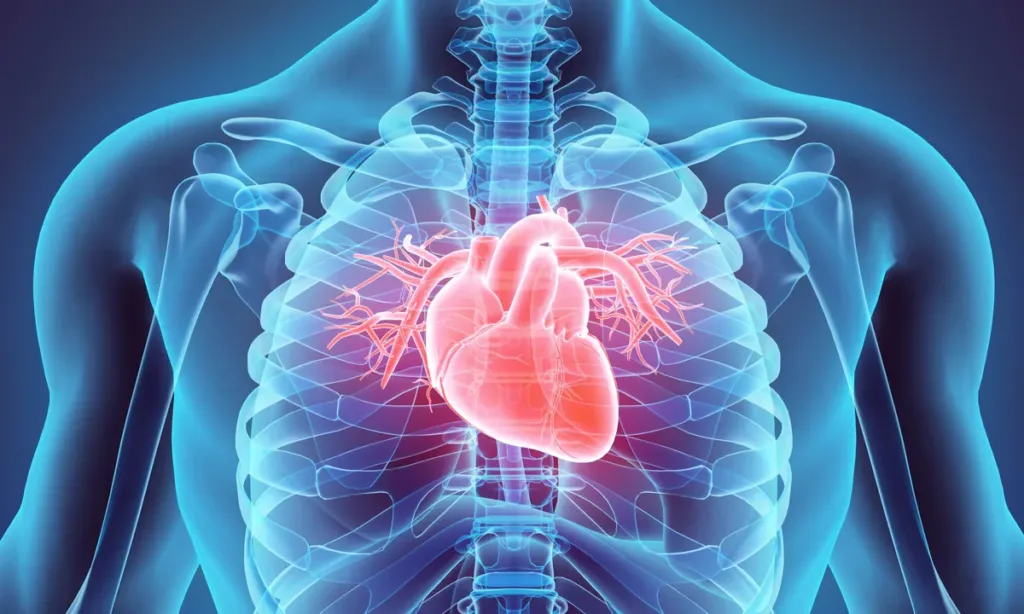According to a new study, cannabidiol (CBD) “promotes cardiomyocyte proliferation and heart regeneration” following heart attacks.

Titled Cannabidiol represses miR-143 to promote cardiomyocyte proliferation and heart regeneration after myocardial infarction, the study is being publishing in the upcoming issue of the European Journal of Pharmacology, and it was published online ahead of print by the US National Library.
According to researchers, the study “was conducted to investigate the pharmacological effects of CBD on heart regeneration in post-myocardial infarction (MI) mice.”
“Our results demonstrate that systemic administration (10 mg/kg) of CBD markedly increased cardiac regenerative ability, reduced infarct size, and restored cardiac function in MI mice”, states the study. “Consistently, in vitro study also showed that CBD was able to promote the proliferation of neonatal cardiomyocytes.”
The study claims that “Taken together, CBD promotes cardiomyocyte proliferation and heart regeneration after MI via miR-143-3p/Yap/Ctnnd1 signaling pathway, which provides a new strategy for cardiac repair in adult myocardium.”
The full text of the study can be found by clicking here, and the study’s full abstract can be found below:
Abstract
Mammalian heart is capable to regenerate almost completely early after birth through endogenous cardiomyocyte proliferation. However, this regenerative capacity diminishes gradually with growth and is nearly lost in adulthood. Cannabidiol (CBD) is a major component of cannabis and has various biological activities to regulate oxidative stress, fibrosis, inflammation, and cell death. The present study was conducted to investigate the pharmacological effects of CBD on heart regeneration in post-MI mice. MI models in adult mice were constructed via coronary artery ligation, which were administrated with or without CBD. Our results demonstrate that systemic administration (10 mg/kg) of CBD markedly increased cardiac regenerative ability, reduced infarct size, and restored cardiac function in MI mice. Consistently, in vitro study also showed that CBD was able to promote the proliferation of neonatal cardiomyocytes. Mechanistically, the expression of miR-143-3p related to cardiomyocyte proliferation was significantly down-regulated in CBD-treated cardiomyocytes, while the overexpression of miR-143-3p inhibited cardiomyocyte mitosis and eliminated CBD-induced cardiomyocyte proliferation. Moreover, CBD enhanced the expression of Yap and Ctnnd1, which were demonstrated as the target genes of miR-143-3p. Silencing of Yap and Ctnnd1 hindered the proliferative effects of CBD. We further revealed that inhibition of the cannabinoid receptor 2 impeded the regulatory effect of CBD on miR-143-3p and its downstream target Yap/Ctnnd1, which ultimately eliminated the pro-proliferative effect of CBD on neonatal and adult cardiomyocytes. Taken together, CBD promotes cardiomyocyte proliferation and heart regeneration after MI via miR-143-3p/Yap/Ctnnd1 signaling pathway, which provides a new strategy for cardiac repair in adult myocardium.






